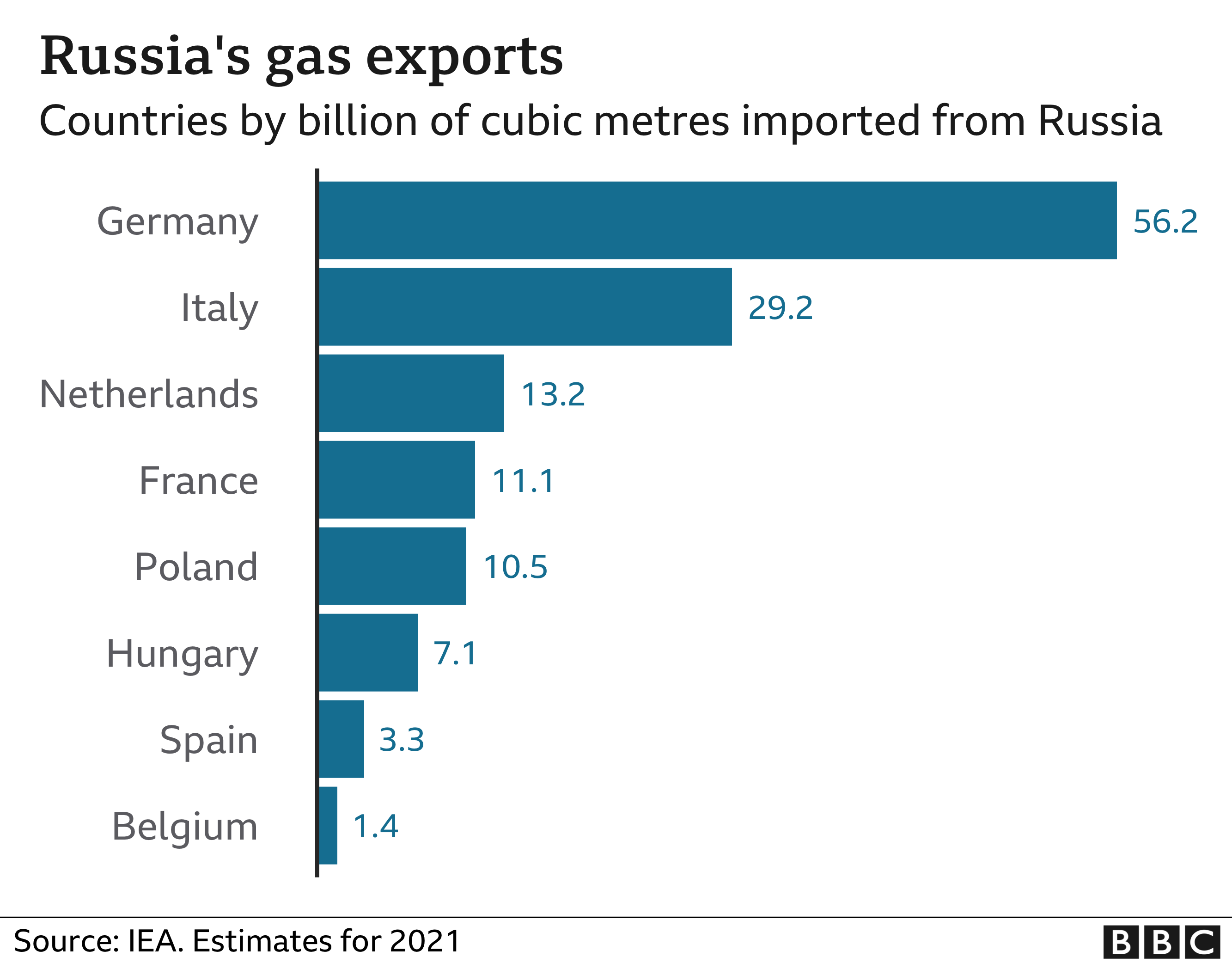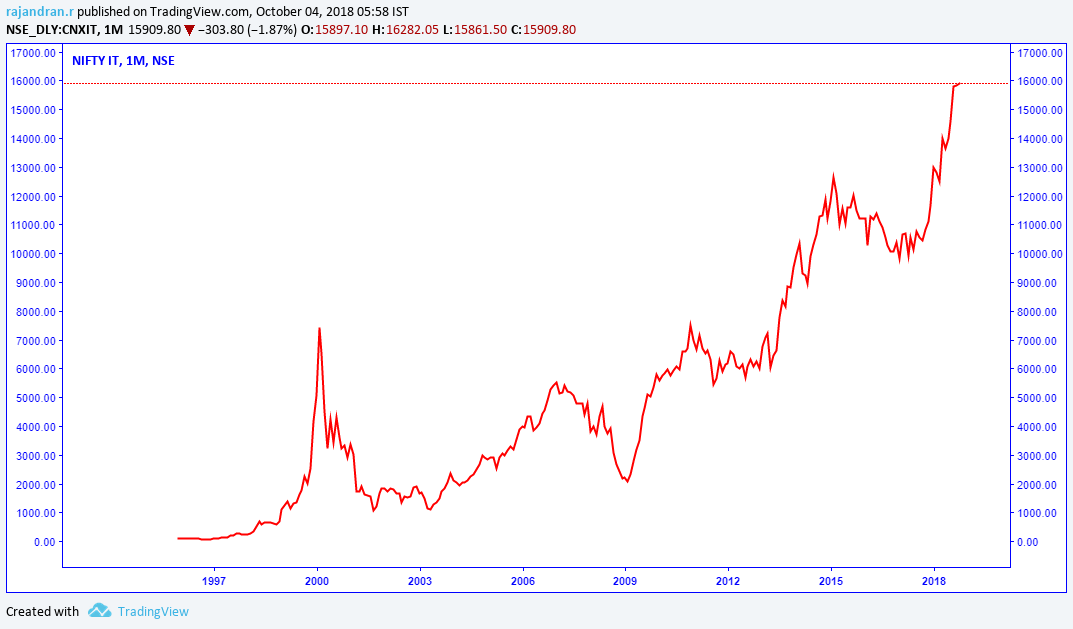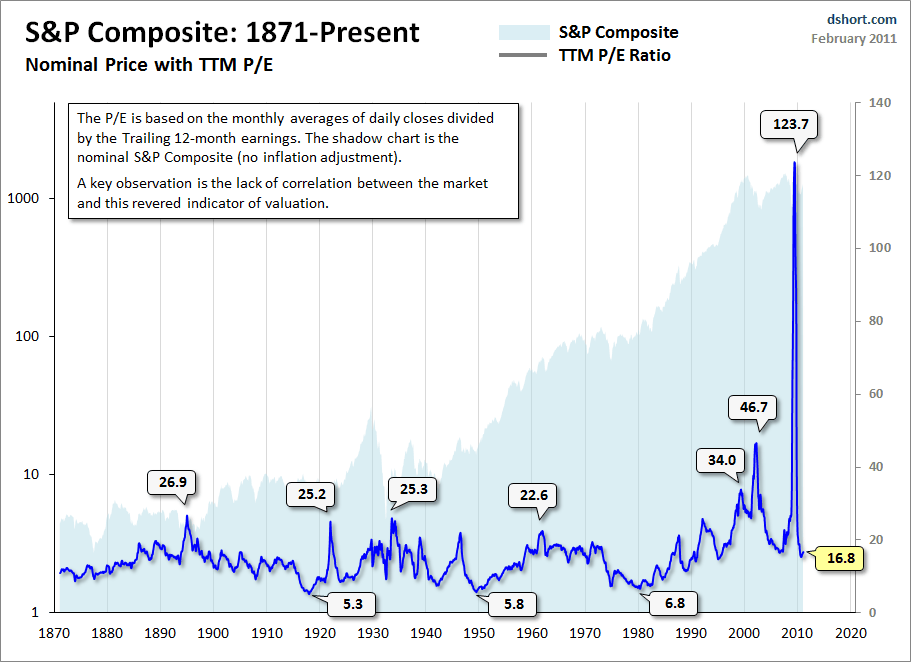Ukraine Conflict: US Considers Sanctions Relief In Peace Deal

Table of Contents
Potential Benefits of Sanctions Relief for a Peace Deal
Easing sanctions could incentivize Russia to negotiate seriously and compromise on key demands, potentially paving the way for a lasting peace agreement. This strategy rests on the premise that offering Russia a clear path towards economic recovery could significantly influence its willingness to engage in constructive dialogue and compromise.
-
Offer a clear path towards ending hostilities and reducing the humanitarian crisis. The ongoing conflict has resulted in immense human suffering and widespread destruction. Reducing sanctions could create an environment conducive to ending the fighting and allowing for humanitarian aid to flow more freely. This is a crucial aspect of any peace negotiation.
-
Could create a more favorable environment for diplomatic engagement and dialogue. Sanctions, while intended to pressure Russia, can also hinder diplomatic efforts. Easing some restrictions could foster a more conducive atmosphere for productive negotiations and the exchange of ideas. This could be particularly beneficial in facilitating dialogue on critical issues such as territorial disputes.
-
May accelerate the reconstruction of Ukraine’s economy, aided by Russian cooperation. The rebuilding of Ukraine's infrastructure and economy will be a monumental task requiring significant financial resources and potentially, cooperation from Russia. Easing sanctions could unlock opportunities for investment and collaboration, potentially speeding up the recovery process. This cooperation could be crucial for the long-term stability of the region.
Counterarguments Against Sanctions Relief
Conversely, easing sanctions prematurely could be seen as rewarding Russia's aggression and undermining international law, potentially setting a dangerous precedent. This perspective highlights the importance of accountability and the need to uphold the principles of international law.
-
Risks emboldening Russia and potentially encouraging further aggression in the future. Lifting sanctions without sufficient guarantees could be interpreted as a sign of weakness, potentially encouraging Russia or other actors to engage in similar acts of aggression in the future. This is a major concern for many international observers.
-
Could send a negative message to other nations contemplating similar acts of aggression. A perception that aggression can be rewarded through sanctions relief could destabilize international relations and encourage other nations to engage in conflict. The need to uphold international norms and deter aggression is crucial.
-
May not guarantee a lasting peace and could lead to a resurgence of conflict. Even with sanctions relief, there’s no guarantee of a lasting peace. Russia might exploit any concessions to regroup and renew hostilities. A comprehensive peace plan that addresses the root causes of conflict is essential.
Economic and Geopolitical Implications of Sanctions Relief
Lifting sanctions would have significant repercussions for the global economy, particularly energy markets. The interconnected nature of the global economy means that changes in sanctions policy on Russia will reverberate across the world, impacting various industries and nations.
-
Could impact global energy prices and potentially contribute to inflation. Russia is a major energy producer, and changes to sanctions could drastically alter global energy markets, potentially leading to price volatility and inflation in many countries. Energy security remains a major concern for many nations.
-
May have unforeseen consequences for international relations and alliances. The decision to ease sanctions could strain relations with Ukraine and other allies, who might view it as a betrayal of their trust. Navigating the intricate web of international relations in the context of this conflict requires careful consideration of all consequences.
-
Requires careful assessment of the potential economic benefits against potential risks. The US government needs to conduct a thorough cost-benefit analysis that considers the economic impacts of maintaining sanctions versus easing them, accounting for both short-term and long-term consequences. The impact on global trade and investment needs to be assessed.
Public Opinion and Domestic Political Considerations
The US government faces significant public and political pressure regarding sanctions policy, influencing its decision-making process. This internal dynamic significantly affects the implementation of foreign policy decisions.
-
Public opinion on sanctions is often divided, depending on the perceived effectiveness and cost. Public support for sanctions can fluctuate based on various factors, including the perceived impact of the conflict on the US economy and the humanitarian situation in Ukraine. This requires careful management and communication of policy decisions.
-
Domestic political considerations may affect the timing and scope of any potential sanctions relief. Election cycles and political divisions within the US government can significantly influence the timing and nature of any potential sanctions adjustments. Bipartisan support is essential for a successful policy implementation.
-
Requires navigating complex political dynamics to secure bipartisan support for any policy change. Any major shift in sanctions policy will necessitate a significant effort to gain consensus among various political factions within the US government. This might require compromises and a carefully crafted communication strategy.
Conclusion
The decision to grant sanctions relief as part of a Ukraine peace deal is fraught with complexities and potential risks. While it could offer a pathway to peace and accelerate Ukraine's reconstruction, the possibility of rewarding aggression and undermining international law must be carefully considered. The economic and geopolitical implications are far-reaching, and navigating domestic political pressures will be crucial. A measured approach, carefully balancing the pursuit of peace with the maintenance of accountability and international norms, is essential for all parties involved. The ongoing debate regarding Ukraine conflict and US sanctions relief warrants close attention as it continues to shape the future trajectory of the conflict and international relations. Understanding the multifaceted implications of sanctions relief is crucial for informed public discourse and effective policymaking.

Featured Posts
-
 Mtar Aljzayr Kamyrat Almraqbt Tufdh Esabt Srqt Hqayb Msafryn
May 27, 2025
Mtar Aljzayr Kamyrat Almraqbt Tufdh Esabt Srqt Hqayb Msafryn
May 27, 2025 -
 Alkhtwt Aljwyt Aljzayryt Rwyt Alryadt Alafryqyt
May 27, 2025
Alkhtwt Aljwyt Aljzayryt Rwyt Alryadt Alafryqyt
May 27, 2025 -
 Alntayj Alnhayyt Lmsabqt Twzyf Bryd Aljzayr Melwmat Llmrshhyn Almqbwlyn
May 27, 2025
Alntayj Alnhayyt Lmsabqt Twzyf Bryd Aljzayr Melwmat Llmrshhyn Almqbwlyn
May 27, 2025 -
 404 Day Atlanta A Deep Dive Into The Citys Area Code History
May 27, 2025
404 Day Atlanta A Deep Dive Into The Citys Area Code History
May 27, 2025 -
 Find The Gucci Re Motion Blue Gg Canvas 832461 Aaew 34245 May 2025 Release
May 27, 2025
Find The Gucci Re Motion Blue Gg Canvas 832461 Aaew 34245 May 2025 Release
May 27, 2025
Latest Posts
-
 Why Stretched Stock Market Valuations Shouldnt Deter Investors A Bof A Analysis
May 31, 2025
Why Stretched Stock Market Valuations Shouldnt Deter Investors A Bof A Analysis
May 31, 2025 -
 Understanding Stock Market Valuations Bof As Take
May 31, 2025
Understanding Stock Market Valuations Bof As Take
May 31, 2025 -
 High Stock Valuations Bof As Analysis And Investor Guidance
May 31, 2025
High Stock Valuations Bof As Analysis And Investor Guidance
May 31, 2025 -
 Bof As Reassuring View Why High Stock Market Valuations Shouldnt Concern Investors
May 31, 2025
Bof As Reassuring View Why High Stock Market Valuations Shouldnt Concern Investors
May 31, 2025 -
 How Middle Management Drives Productivity And Improves Employee Well Being
May 31, 2025
How Middle Management Drives Productivity And Improves Employee Well Being
May 31, 2025
